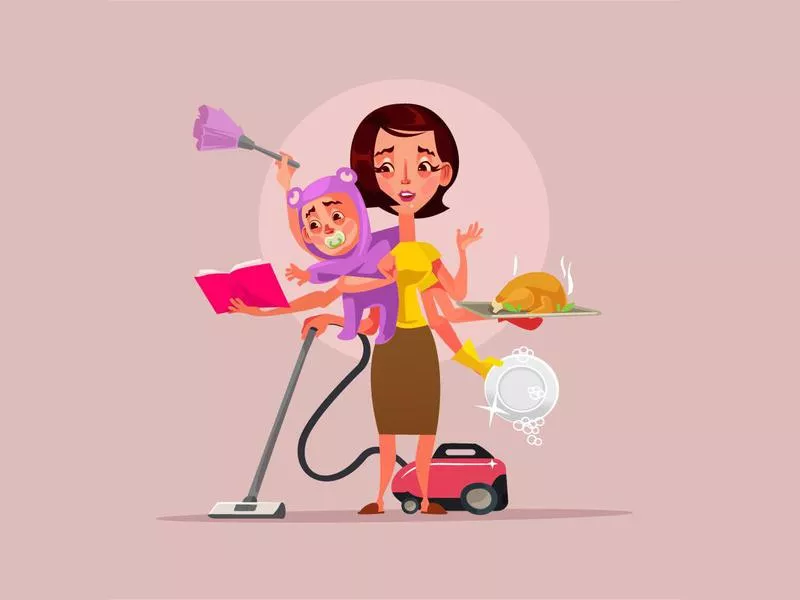Moms today are very different than moms of the past, and that’s largely due to evolving cultural perceptions of the matriarch. Society once looked down upon the mother as a menace whose subservience prevented boys from becoming great men. It’s laughable, but it’s also true.
The prevailing attitude these days is, thankfully, that mothers make the world go round. Without them, we would all be living in a barbaric zoo. But that’s not to say things are perfect for mothers and women in general. Far from it — we have a long way to go in terms of equality, but we’ve also come a long, long way. Along this journey, the role of the mother has dramatically shifted.
Today, she is more independent, more career-oriented and more willing to have children on her own timeline and not that of a partner or husband. She commands more respect and takes part in more facets of maintaining the household than just cooking and cleaning. And she’s allowed — even encouraged — to show affection to her children.
Mother’s Mother More Today

Getty Images
Some of us have a decidedly romantic image of the past — the good old days when life was simpler and soda contained real sugar. For mothers, it was far from ideal.
Mothers in the early 20th century, for example, had to juggle so many unofficial jobs — for families then needed more than one earner — that they had no time for their kids. And if they weren’t getting paid, they were simply laboring at home. Mothers and fathers in the 21st century don’t pay much attention to the time-saving magic of, say, a washing machine or vacuum. But in the 1910s, a mother might spend 40 hours a week simply maintaining the home.
Today, mothers struggle with a work-life balance, but thanks to more shared responsibilities in the home, they are mostly able to make it work.